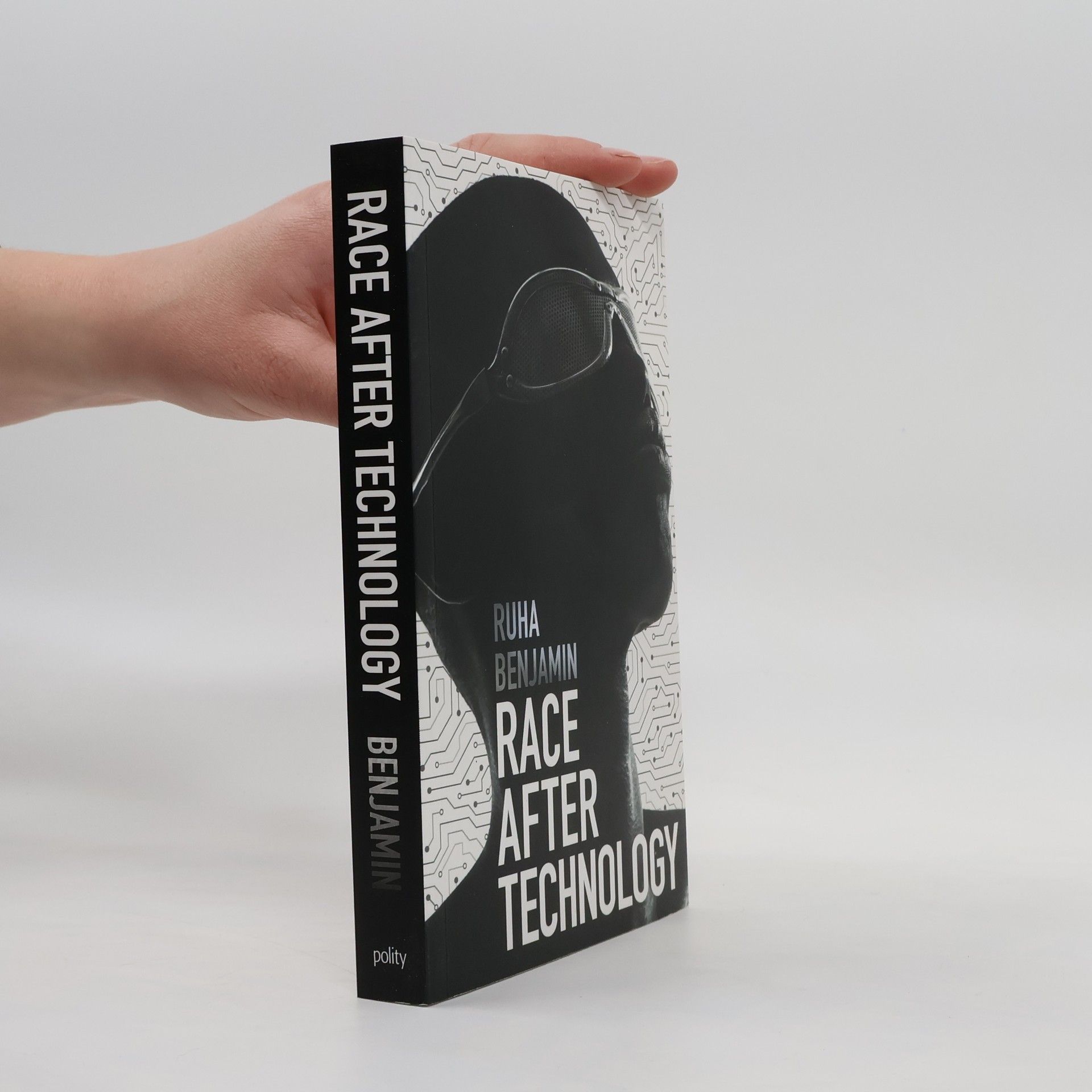Imagination
- 192 pages
- 7 hours of reading
Imagination isn’t a luxury; it’s a vital resource and a powerful tool for our collective liberation
Ruha Benjamin examines the intricate relationship between science, technology, medicine, and society. As a professor of African American studies at Princeton University, she investigates how scientific and technological advancements shape our lives and who benefits from them. Her work uncovers hidden biases and inequalities that can be embedded within technological innovations. Benjamin challenges us to consider the ethical implications of progress and to build a more equitable future.



Imagination isn’t a luxury; it’s a vital resource and a powerful tool for our collective liberation
Benjamin draws on her own experiences as well as research to show how we can build a more just world--one small, and viral, step at a time.
From everyday apps to complex algorithms, Ruha Benjamin cuts through tech-industry hype to understand how emerging technologies can reinforce White supremacy and deepen social inequity. Benjamin argues that automation, far from being a sinister story of racist programmers scheming on the dark web, has the potential to hide, speed up, and deepen discrimination while appearing neutral and even benevolent when compared to the racism of a previous era. Presenting the concept of the “New Jim Code,” she shows how a range of discriminatory designs encode inequity by explicitly amplifying racial hierarchies; by ignoring but thereby replicating social divisions; or by aiming to fix racial bias but ultimately doing quite the opposite. Moreover, she makes a compelling case for race itself as a kind of technology, designed to stratify and sanctify social injustice in the architecture of everyday life. This illuminating guide provides conceptual tools for decoding tech promises with sociologically informed skepticism. In doing so, it challenges us to question not only the technologies we are sold but also the ones we ourselves manufacture. If you adopt this book for classroom use in the 2019-2020 academic year, the author would be pleased to arrange to Skype to a session of your class. If interested, enter your details in this sign-up sheet: https://buff.ly/2wJsvZr